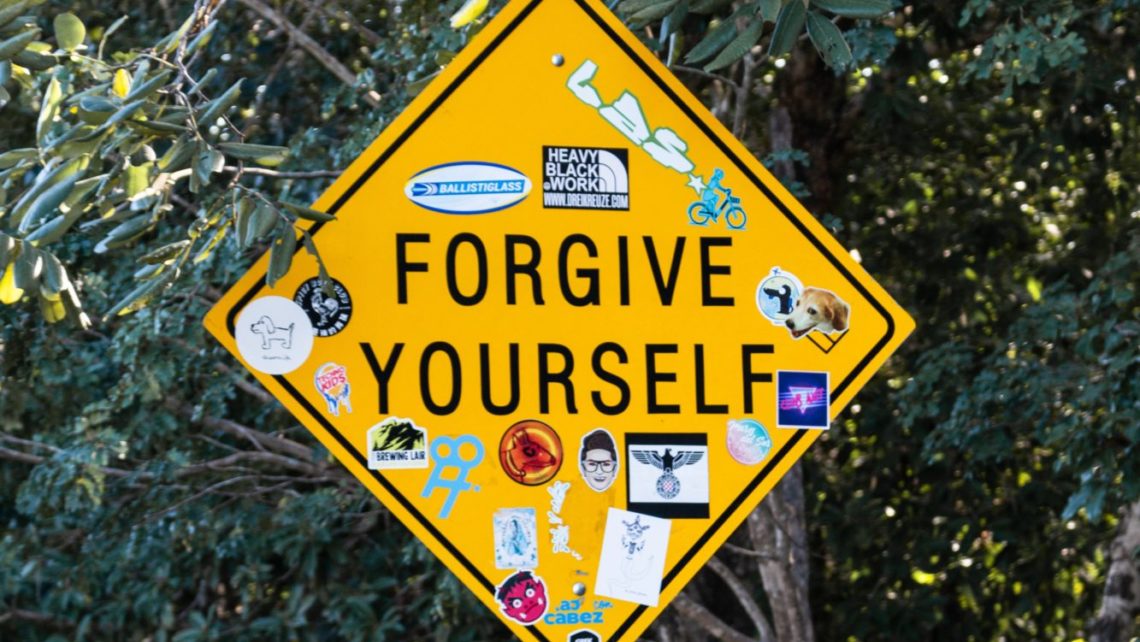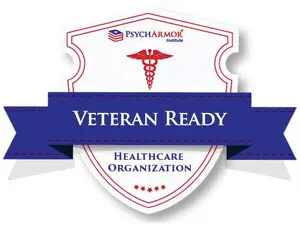Focus Forward: What Happens If You Have to Return to Rehab
 The time has come. You know deep in your heart that you have to go back into rehab. There’s a rush of the same stress, clutter from continuous chaos, and the realization that you simply don’t feel good. Yet for some reason, there’s hesitation to recommit to sobriety. Why might this be?
The time has come. You know deep in your heart that you have to go back into rehab. There’s a rush of the same stress, clutter from continuous chaos, and the realization that you simply don’t feel good. Yet for some reason, there’s hesitation to recommit to sobriety. Why might this be?
Rehab Is Hard
Yes, it is. There’s no way to sugarcoat the situation. But you know from experience that brain diseases of substance use disorder (SUD) and alcohol use disorder (AUD) are much more challenging to manage when you’re still using.
What might come as a surprise is that relapse is quite common, especially in the first year of recovery. The National Institute on Drug Abuse (NIDA) indicates that “more than 85 percent of people with addictions who stop using a drug begin using it again within a year.”
This fact might have been discussed when you were in rehab before, but most people don’t think it applies to them—and why should they? While they’re busy doing the work, they justifiably have hope that everything is going to be alright, and they deserve to feel that way.
The good news is once you’ve been through it, you have a better understanding of what to expect. This eliminates much of the uncertainty so you can concentrate on resuming health.
Relapse Is Sneaky
NIDA links one primary reason for relapse to certain cues—such as people and places—that are associated with substance use. Over time, these cues build in intensity, creating “a phenomenon known as an ‘incubation of craving’.” Few people can simply walk away from everyone and everything they used to know to stay sober, but some do.
Either way, if the underlying contributing factors for addiction weren’t fully addressed and remedied in recovery the first time, this is yet another cause of relapse, as it makes resisting those triggers more difficult to avoid in the future.
Other contributing risk factors compound the effects of those cues, such as unresolved trauma, generational addiction, mental health issues, PTSD, and traumatic brain injury.
Fortunately, knowing all of this, you have the ability to recognize compromised areas of your life more clearly and can work with professionals for better resolution.
Focus Forward: How to Recover from Relapse
When you were in rehab before, your care team probably helped develop a relapse prevention plan for you at the end of treatment. If you were to dig that out now, what might you discover? Did it have suggestions such as:
- Increased attendance at 12-Step or other support groups?
- Continued therapy, perhaps with an individual counselor or in outpatient or extended addiction treatment centers?
- Actionable points for managing H.A.L.T. triggers: Hungry, Angry, Lonely, or Tired?
- More personalized factors designed to meet your needs, such as holistic approaches to stress management, a consistent exercise plan, perhaps a change in diet, and other recommendations?
Using your recovery plan as a guide, you can start to move forward with a revised approach to recovery—perhaps at a new treatment center, or for a longer stay at a center where you trust the professionals who helped you before. Here’s how to take action:
- Do a self-assessment. Why do you think the relapse occurred? What are you continuing to face in your life that makes it seem as though drugs or alcohol are the only answer?
- Identify the trouble spots. Only you can be most aware of what really causes a breakdown in your sobriety. Work, relationship, or financial stress? A continual struggle with elements of your past? Not having the right tools to deal with triggers? This information gathering is beneficial for creating the next steps.
- Ask for help. Yes, it might seem as though you’re alone in this journey. While you’re the only one who can walk it in order to be successful, you certainly can receive valuable support along the way.
Remember, having a relapse and returning to rehab isn’t failure. You haven’t failed at all. Instead, reframe the situation as a chance to continue learning and growing, becoming more knowledgeable about your needs and what’s necessary to live a healthy, productive life. Also recognize the power of evidence-based treatment and unwavering support from professionals and regain the courage you had when going to rehab before to try again.
Seabrook in New Jersey Can Help with Rehab
Jerry Diehl, who co-founded Seabrook with his wife, Peg, also experienced relapse after his initial efforts at sobriety. He realized the love of his family wasn’t enough to help him stay sober. Through their experiences and those of close friends, they identified a need for a different method of care and opened the first Seabrook in 1974. Now, our four New Jersey addiction treatment centers are available to you, as was their wish. Call us today to see how we can help.




